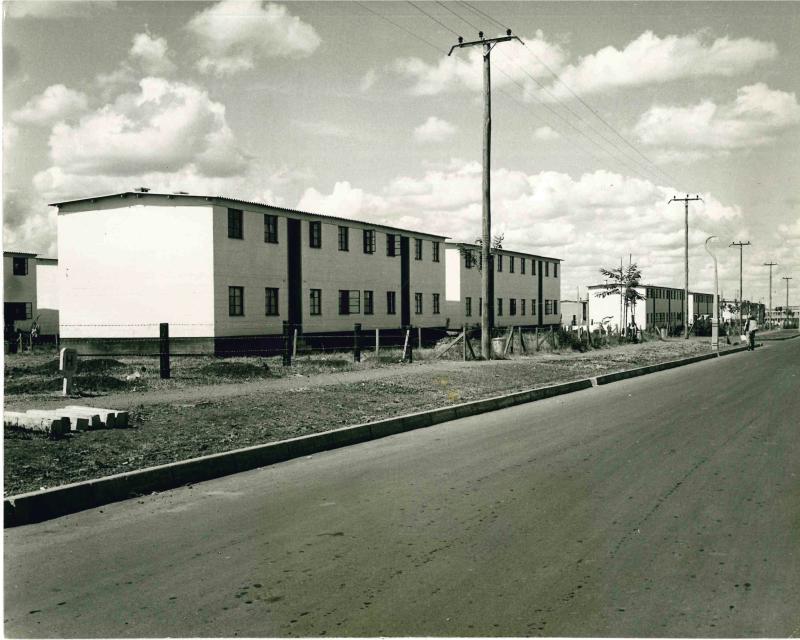×
The Standard e-Paper
Home To Bold Columnists

A tarpaulin for a sick cow, an occasional bottle of brandy to soothe an ailing wife and a lorry full of sand was enough to buy the city engineer’s consent.
These gifts by a Nairobi municipal contractor, sweetened with free flow of liquor, ushered the city engineer into the dark world of cartels which would claim the life of a colleague and destroy the careers of many.